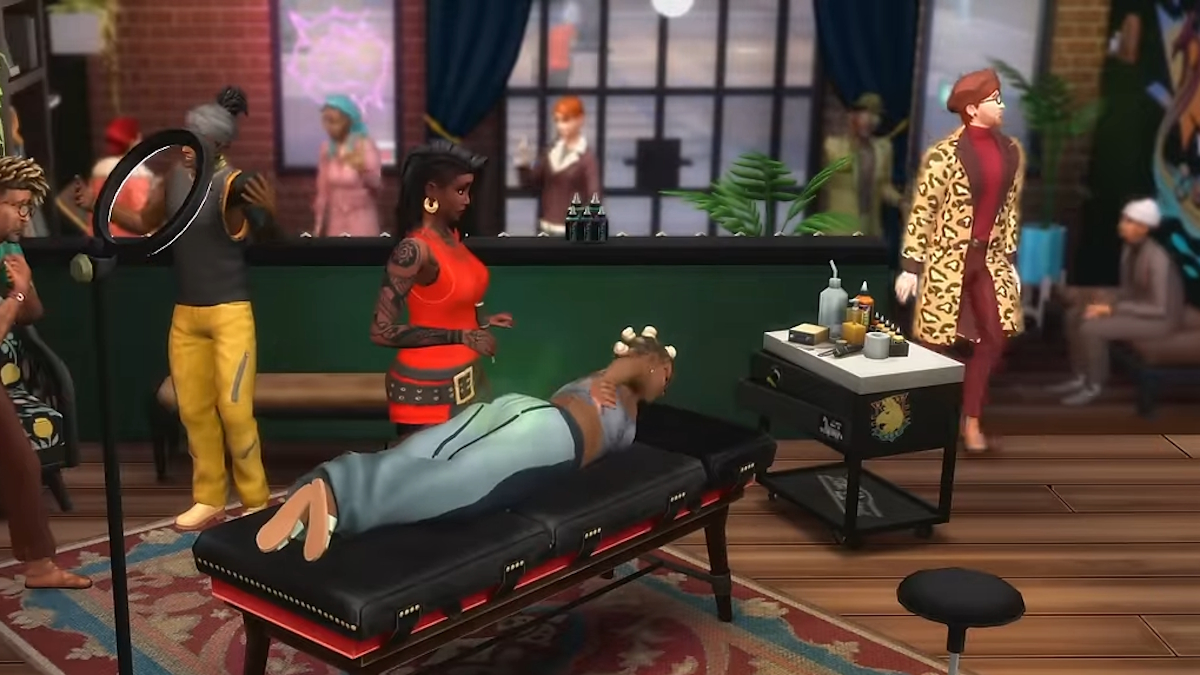Final Fantasy XIV players still don’t have a set date for patch 7.2 (at best, we know it’s coming at some point in late March), but we do have a preliminary date for patch 7.18. Best of all, the minor patch will come with a cute collaborative emote for all players.
Patch 7.18 is due to release on February 25, although this is a scheduled date and is liable to change should last-minute adjustments be needed. This final patch of the 7.1x series comes around a month ahead of patch 7.2, which is due to drop at some point in the latter half of March. During LLP 85, in which players were given a ton of details about patch 7.2, we were also told of this fun photo-based collaboration.
As part of the 7.18 update, Final Fantasy XIV has teamed up with FujiFilm to celebrate Instax, an instant camera brand owned by the company. In-game, this will allow all players to get their hands on a special new emote, which sees your character using a virtual version of the Instax camera to get a snapshot.

Once the photo-taking emote is released, alongside patch 7.18, Final Fantasy XIV will hold a Screenshot Sweepstakes. These Sweepstakes allow players to submit their screenshots via Twitter for a chance to win items such as Modern Aesthetics – Cloud Strife or the Gaelicat Hat. We’ve seen plenty of these competitions in the past, and they always bring fans together across the globe in appreciation of the Group Pose skills on display.
Unfortunately, exact details of how the emote will be obtained have not yet been revealed and are likely to be given closer to the scheduled release date for the patch. I’m sure I’m not alone in admitting that I’ll do whatever it takes for this cutie because it deserves a place in my vast and ever-growing collection of emotes.
If you like the camera used in the emote, it closely resembles the Instax Mini 12, which is currently available to purchase in five different colors for $79.75.




Published: Feb 7, 2025 10:39 am